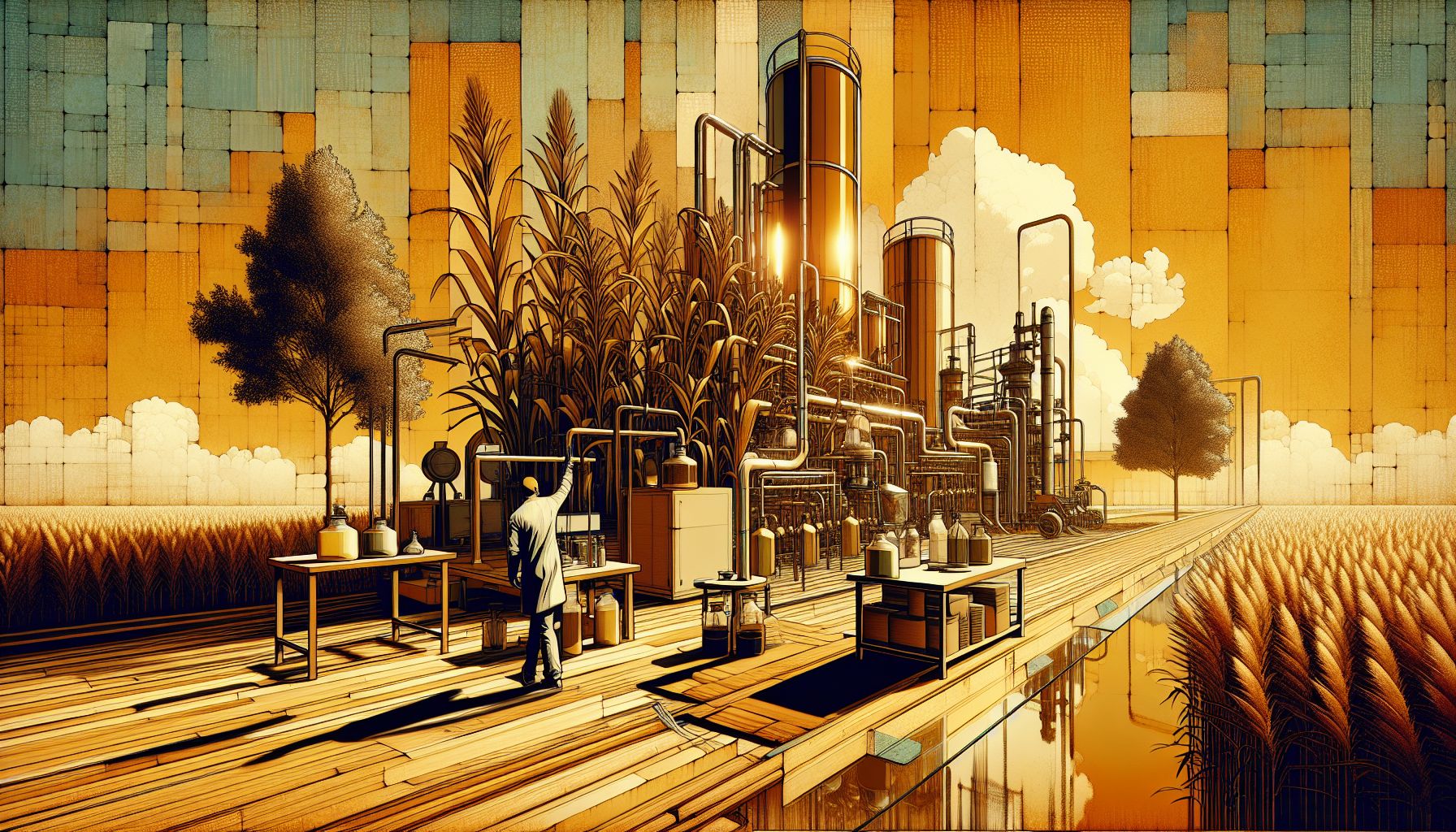Fire Safety Concerns Ignite Debate on Biobased Construction Materials

Eindhoven, Sunday, 4 August 2024.
Researchers at TU Eindhoven are raising alarms about the fire safety of eco-friendly building materials like wood, reed, and bamboo. Despite their environmental benefits, these biobased materials pose significant fire risks, prompting rigorous testing in specialized labs to ensure safety in sustainable construction.
The Green Promise and Its Fiery Challenge
As the world shifts towards more sustainable practices, biobased construction materials are gaining popularity due to their environmental benefits. Wood, reed, and bamboo are often lauded for their low carbon footprint and renewable nature. However, researchers at TU Eindhoven have highlighted a significant drawback: these materials are highly flammable. The inherent fire risks associated with biobased materials necessitate rigorous testing to ensure they meet safety standards before widespread adoption in construction.
Rigorous Testing at TU Eindhoven
To address these concerns, the team at TU Eindhoven is conducting comprehensive fire safety tests on walls and facades made from biobased materials. The tests aim to simulate real-world fire scenarios to evaluate how these materials perform under extreme conditions. The goal is to develop safer construction practices without compromising the environmental benefits these materials offer. This research is crucial for future-proofing sustainable building practices against potential fire hazards.
Global Context and Innovations
The issue of fire safety in biobased materials is not isolated to the Netherlands. Globally, efforts are underway to improve the fire resistance of sustainable materials. For instance, the IMDEA Materials Institute in Spain focuses on developing fire-retardant materials and biobased polymers. Their research includes molecular design, chemical synthesis, and advanced processing techniques aimed at enhancing fire safety. Similarly, BASF is exploring biodegradable and bio-based polymers for various applications, including construction, to ensure these materials meet stringent safety standards.
Industry-Wide Implications
The implications of this research are far-reaching. If successful, the enhanced fire safety measures could lead to broader acceptance and use of biobased materials in the construction industry. This would not only reduce the carbon footprint of buildings but also align with global sustainability goals. Companies like UBE Corporation and BASF are already investing in research and development to create safer, more sustainable materials for various industries, including construction. These efforts highlight the industry’s commitment to balancing environmental benefits with safety and performance.
Future Prospects
Looking ahead, the continuous development of fire-retardant technologies and rigorous testing protocols will be essential. Collaboration between research institutions, industry stakeholders, and regulatory bodies will play a pivotal role in ensuring the safe implementation of biobased materials in construction. As these innovations progress, they promise to transform the construction landscape, making it greener and safer for future generations.

